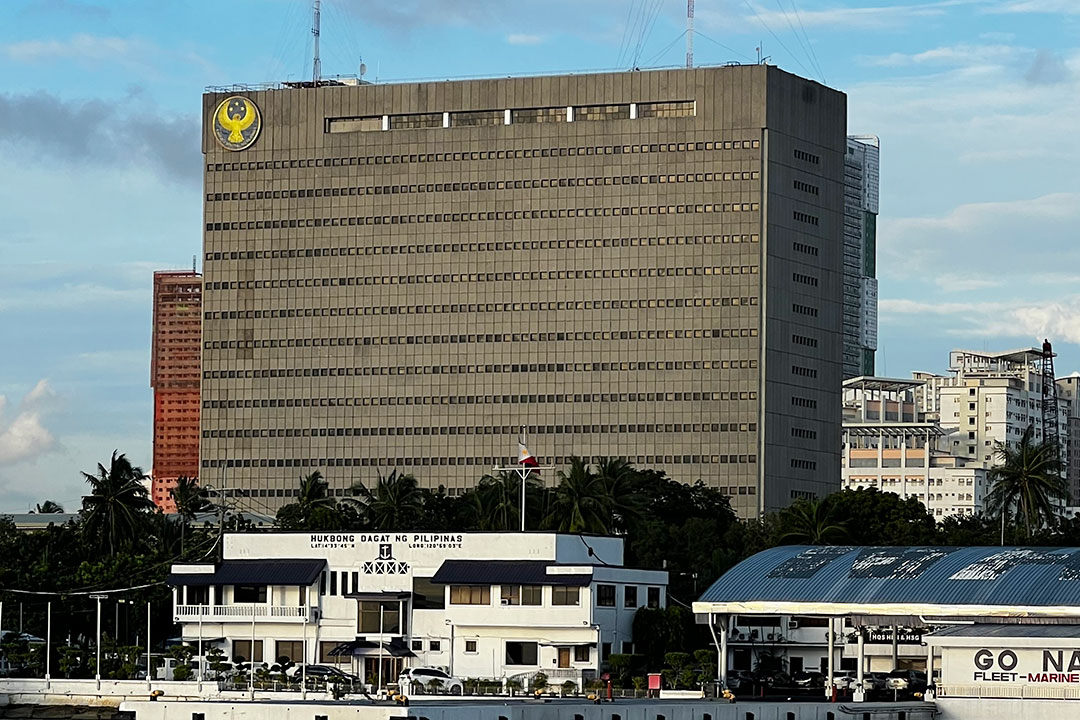 BW FILE PHOTO
BW FILE PHOTOTHE BANGKO SENTRAL ng Pilipinas (BSP) could pause its easing cycle at its next meeting and deliver its final rate cut in December.
“We had expected BSP to cut in August. We also penciled in a pause for October, largely because we feel the BSP will be watching the Fed and what the Fed decides to do. That’s why we actually expect the last cut for this year to come around at their December meeting,” Nicholas Antonio T. Mapa, chief economist at Metropolitan Bank & Trust Co., said on Money Talks with Cathy Yang on One News.
“So, pause in October, wait things out — just see how data plays out, see where the Fed takes policy rates — and then maybe decide by December. With inflation still quite manageable, with growth still needing a bit of a boost, this could give Governor Remolona enough leeway to cut policy rates before the end of the year.”
Last week, the Monetary Board slashed the target reverse repurchase rate by 25 basis points (bps) for a third straight meeting to 5%. It has now slashed borrowing costs by 150 bps since it began its easing cycle in August 2024.
BSP Governor Eli M. Remolona, Jr. said the latest cut puts the policy rate at a “sweet spot” in terms of both inflation and output, signaling that the central bank is nearing the end of its rate-cut cycle.
However, he said one last reduction could be possible this year if economic conditions warrant more support.
The Monetary Board’s last two meetings this year are scheduled for Oct. 9 and Dec. 11.
Mr. Mapa said headline inflation may have picked up slightly last month due to higher prices of electricity, fish and vegetables.
“On the downside, we’re looking at rice disinflation or deflation to continue to weigh or to offset some of the uptick in headline inflation,” he said.
The Philippine Statistics Authority will release August inflation data on Friday, Sept. 15. A BusinessWorld poll of 16 analysts conducted last week yielded a median estimate of 1.3% for the August consumer price index.
Headline inflation sharply eased to a near six-year low of 0.9% in July from 1.4% in June, bringing the seven-month average to 1.7%, below the BSP’s 2-4% annual target.
He added that the impact of the government’s move to halt rice imports for two months on prices is likely to be limited as it coincides with the harvest season.
“September is generally a low import volume month… We also do have quite a bit of domestic rice supply. So, I don’t think the ban would impact prices significantly in the sense because there’s so much rice in our stocks. We’ll likely just see headline inflation tick slightly higher,” Mr. Mapa said.
The 60-day suspension of rice imports began on Sept. 1 and will end on Oct. 30. It covers imports of regular milled and well-milled rice but excludes varieties that are not commonly produced locally. — Katherine K. Chan

 2 days ago
1
2 days ago
1




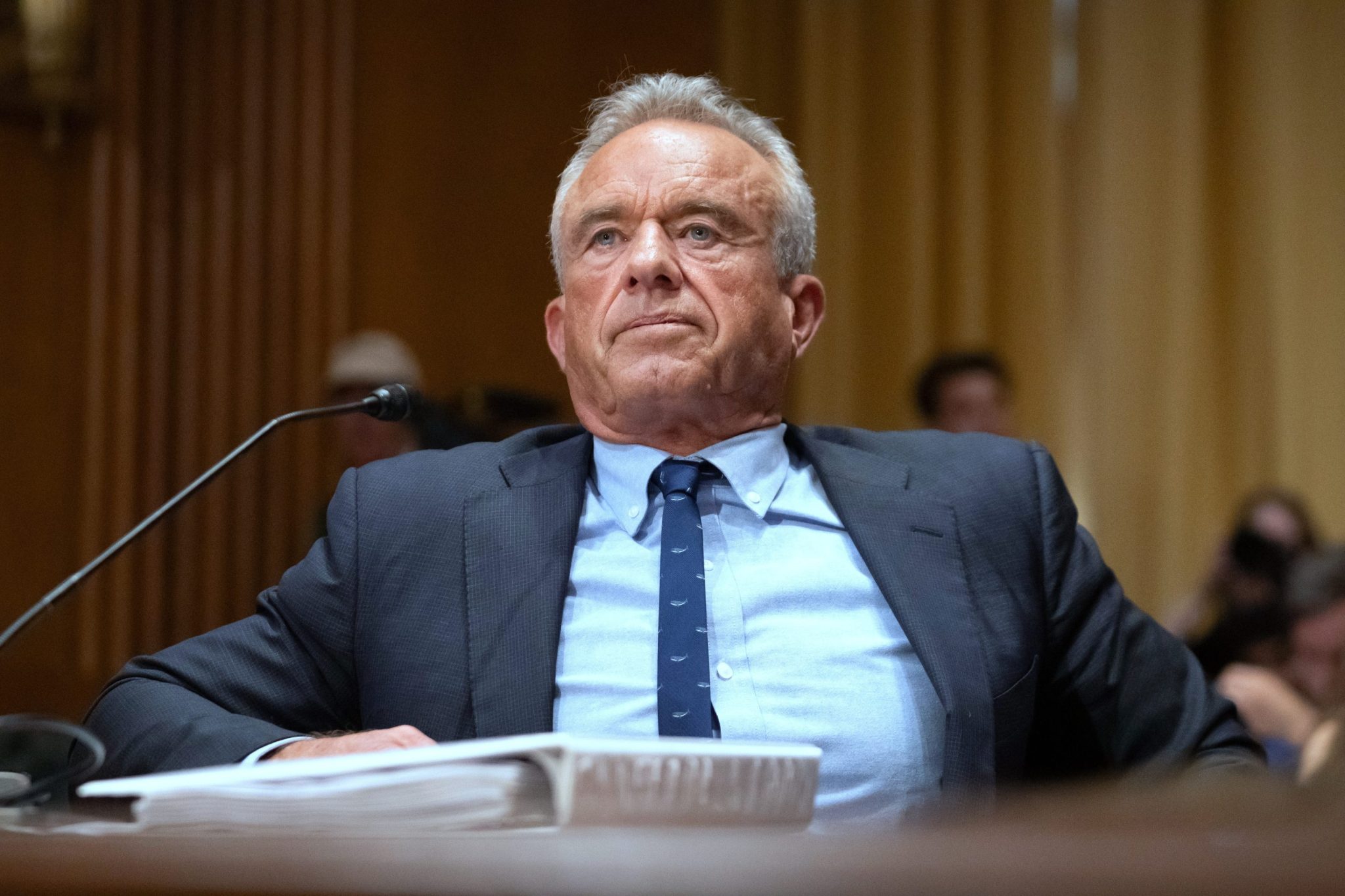





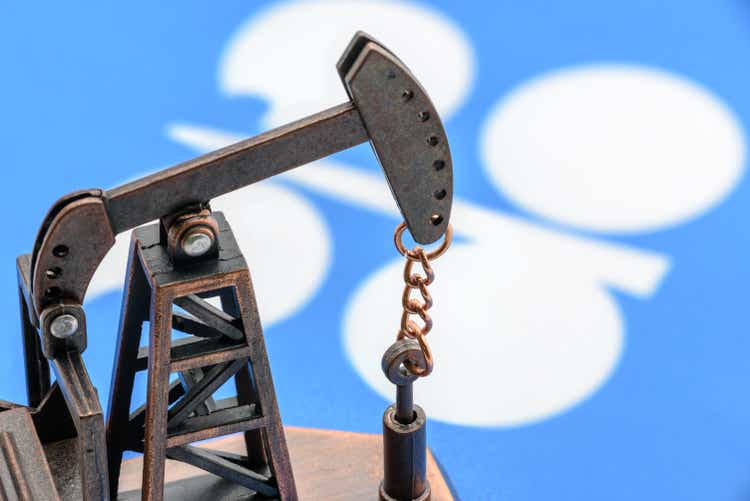


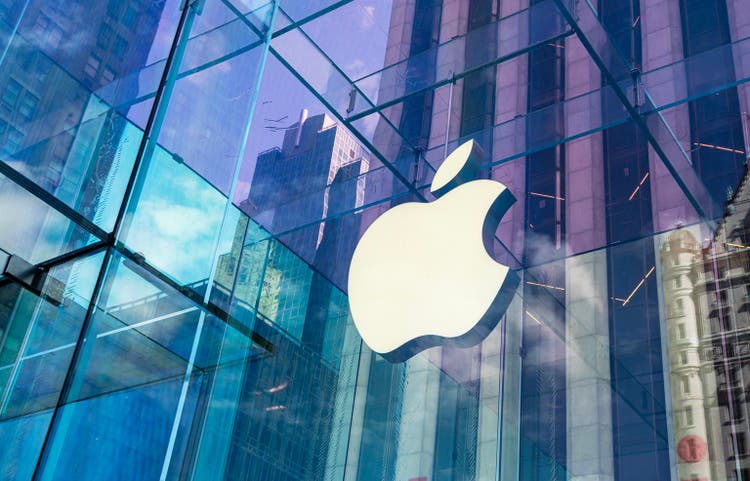

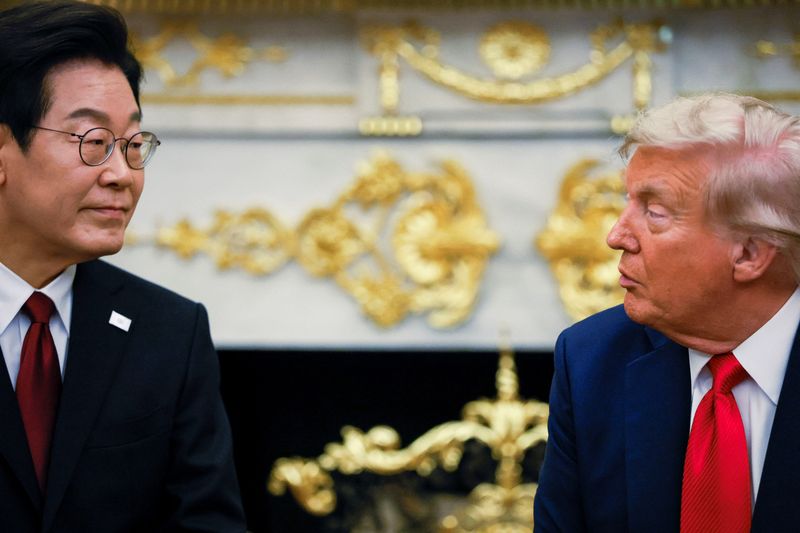
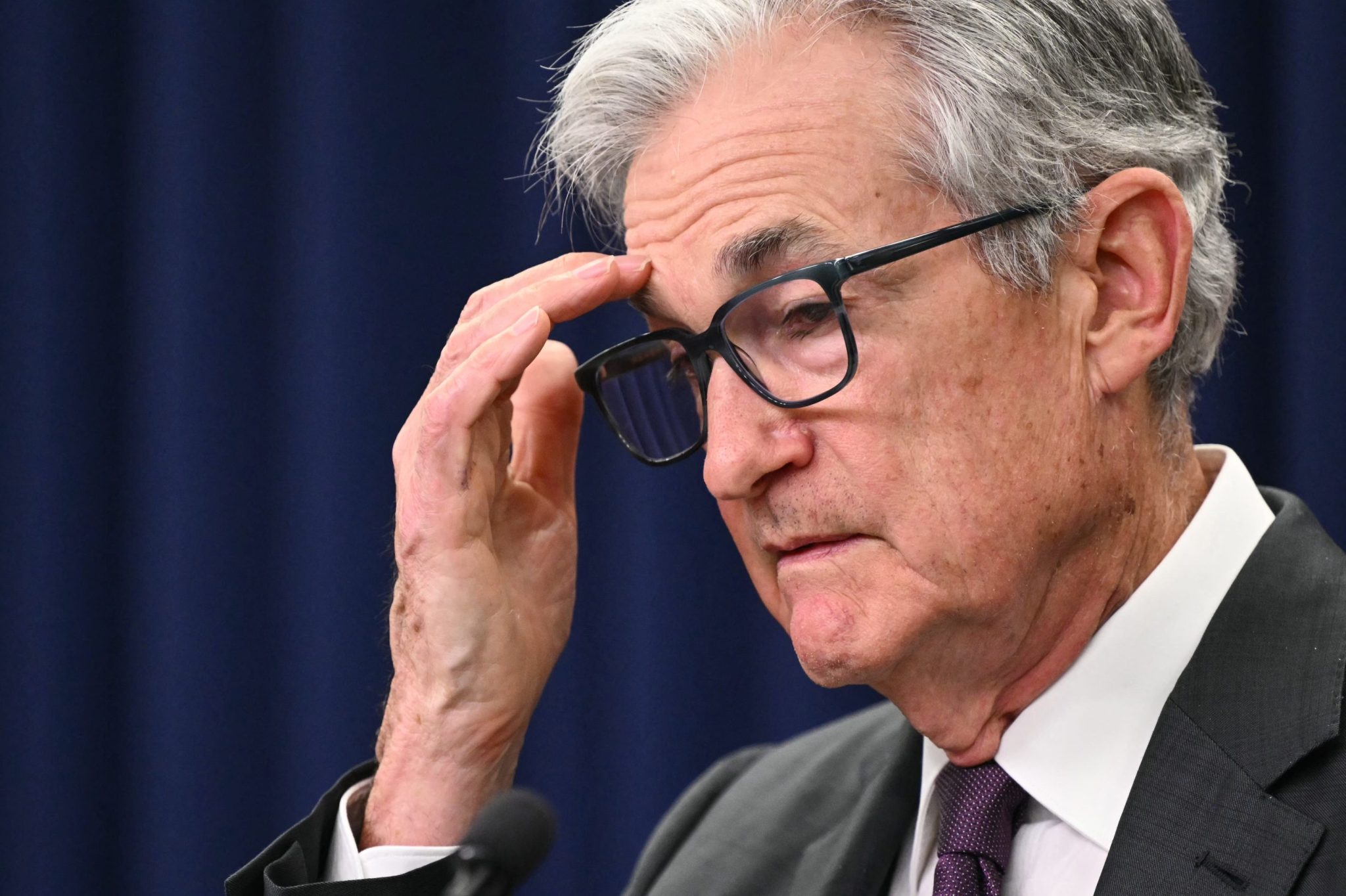




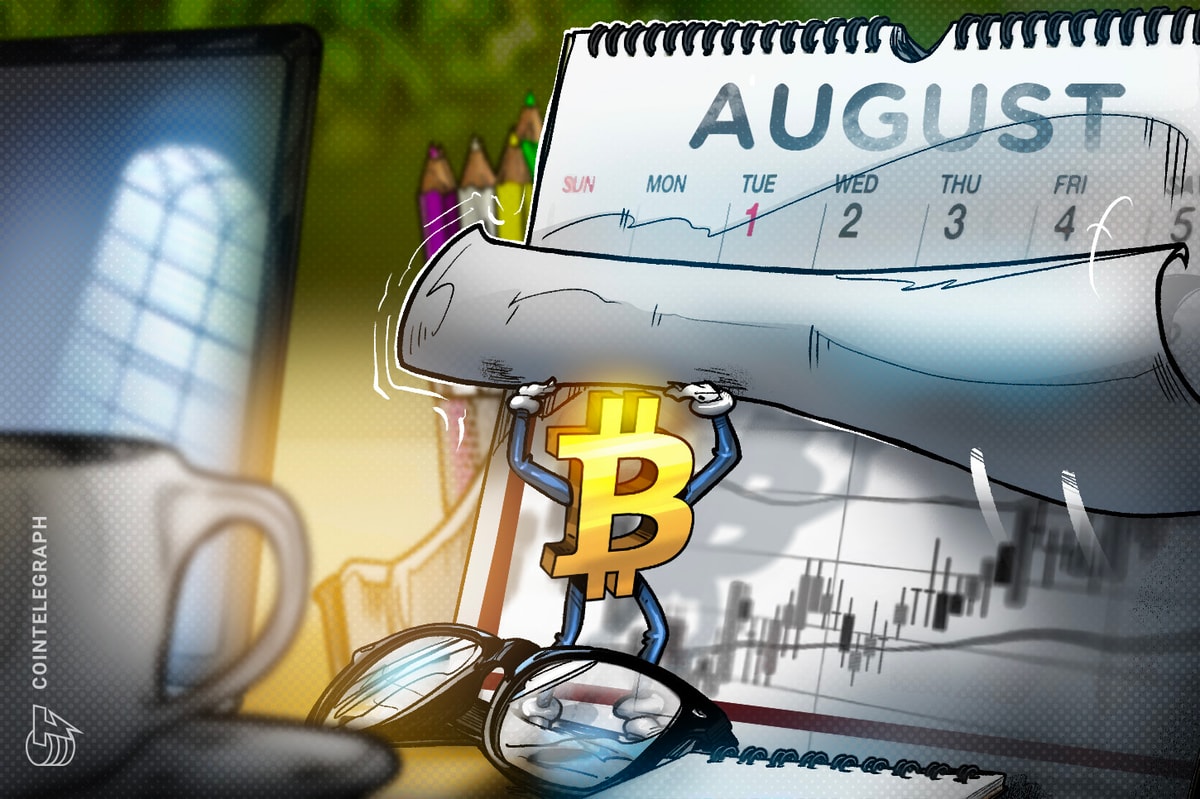
 English (US) ·
English (US) ·